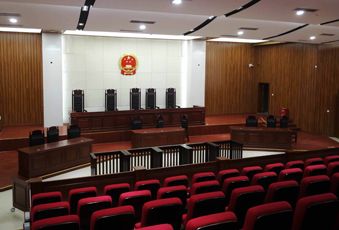Energy Security
Energy security is a critical concept in today’s world, referring to the uninterrupted availability of energy resources at an affordable price. It encompasses the ability of a nation or region to ensure a stable, reliable, and sustainable supply of energy to meet its economic, social, and environmental needs. Below, we explore the meaning of this term in greater detail.
Defining Energy Security
At its core, energy security involves protecting the supply chain of energy resources—such as oil, natural gas, coal, and renewable sources—against disruptions. These disruptions could stem from geopolitical conflicts, natural disasters, or economic instability. A country with strong energy security can maintain its energy needs even in the face of such challenges, ensuring that industries, households, and essential services continue to function smoothly.
Key Components of Energy Security
Energy security is multifaceted and includes several key elements:
- Availability: The physical presence of energy resources, whether through domestic production or imports.
- Affordability: Ensuring that energy remains accessible to all sectors of society without causing economic strain.
- Reliability: The consistent delivery of energy without unexpected outages or shortages.
- Sustainability: Balancing current energy use with the long-term health of the environment, often by integrating renewable energy sources.
Why Energy Security Matters
Energy security is vital for economic stability and national sovereignty. Countries heavily reliant on imported energy, for instance, may face vulnerabilities if their suppliers face political unrest or impose export restrictions. Additionally, the transition to cleaner energy sources has added a new layer to energy security, as nations strive to reduce dependence on fossil fuels while maintaining a stable energy grid. For example, events like the 2022 energy crisis in Europe highlighted the importance of diversified energy sources and robust infrastructure.
Global Perspectives
Different regions approach energy security in unique ways. In the United States, energy security might focus on maintaining oil reserves and expanding renewable energy. In contrast, countries like Japan, with limited natural resources, prioritize energy efficiency and international partnerships. Developing nations may emphasize access to energy as a stepping stone to economic growth, often balancing cost and environmental impact.
In conclusion, energy security is about more than just having enough energy—it’s about ensuring that energy is accessible, affordable, and sustainable in an ever-changing global landscape. As technology evolves and climate concerns grow, the definition of energy security will continue to adapt, shaping the future of how we power our world.
